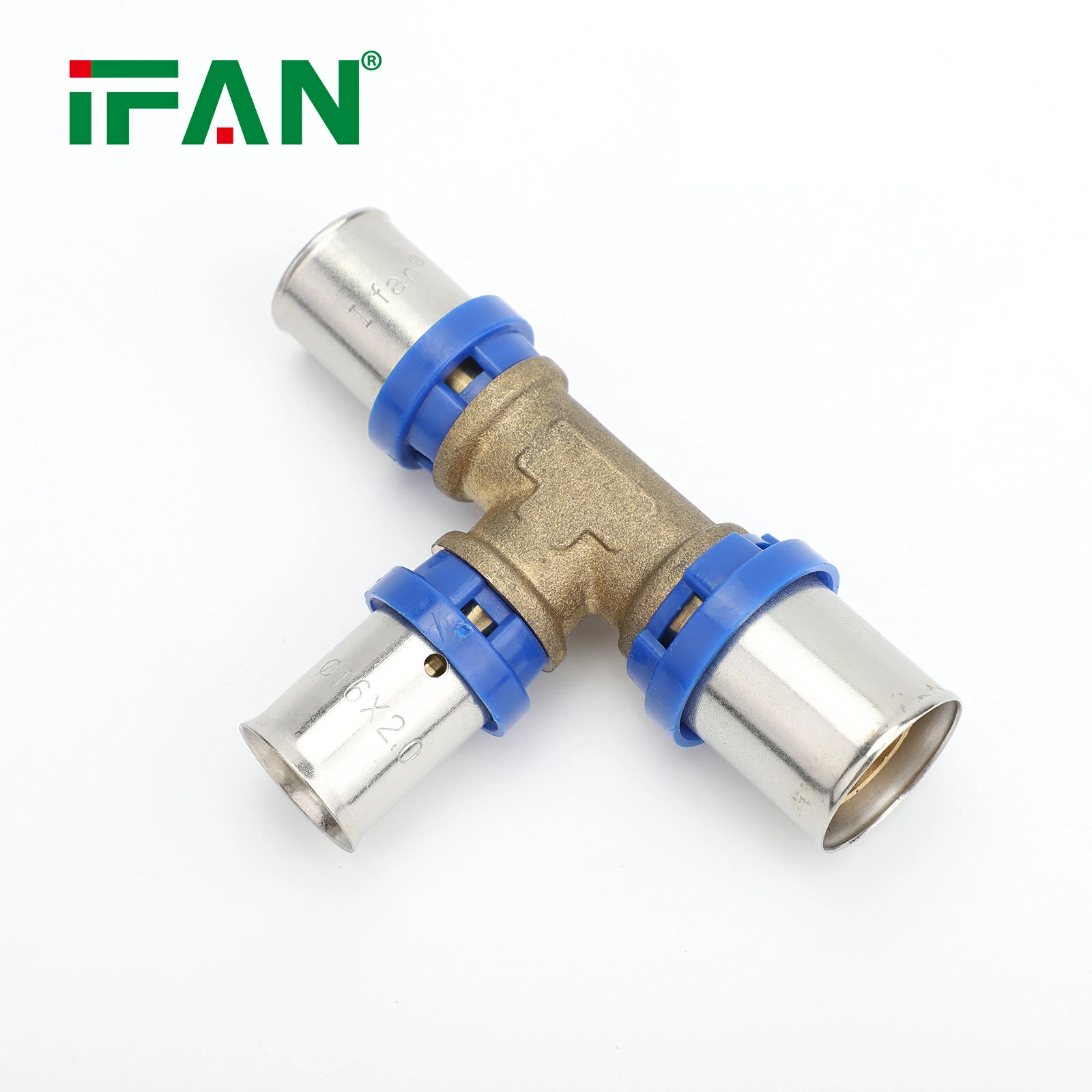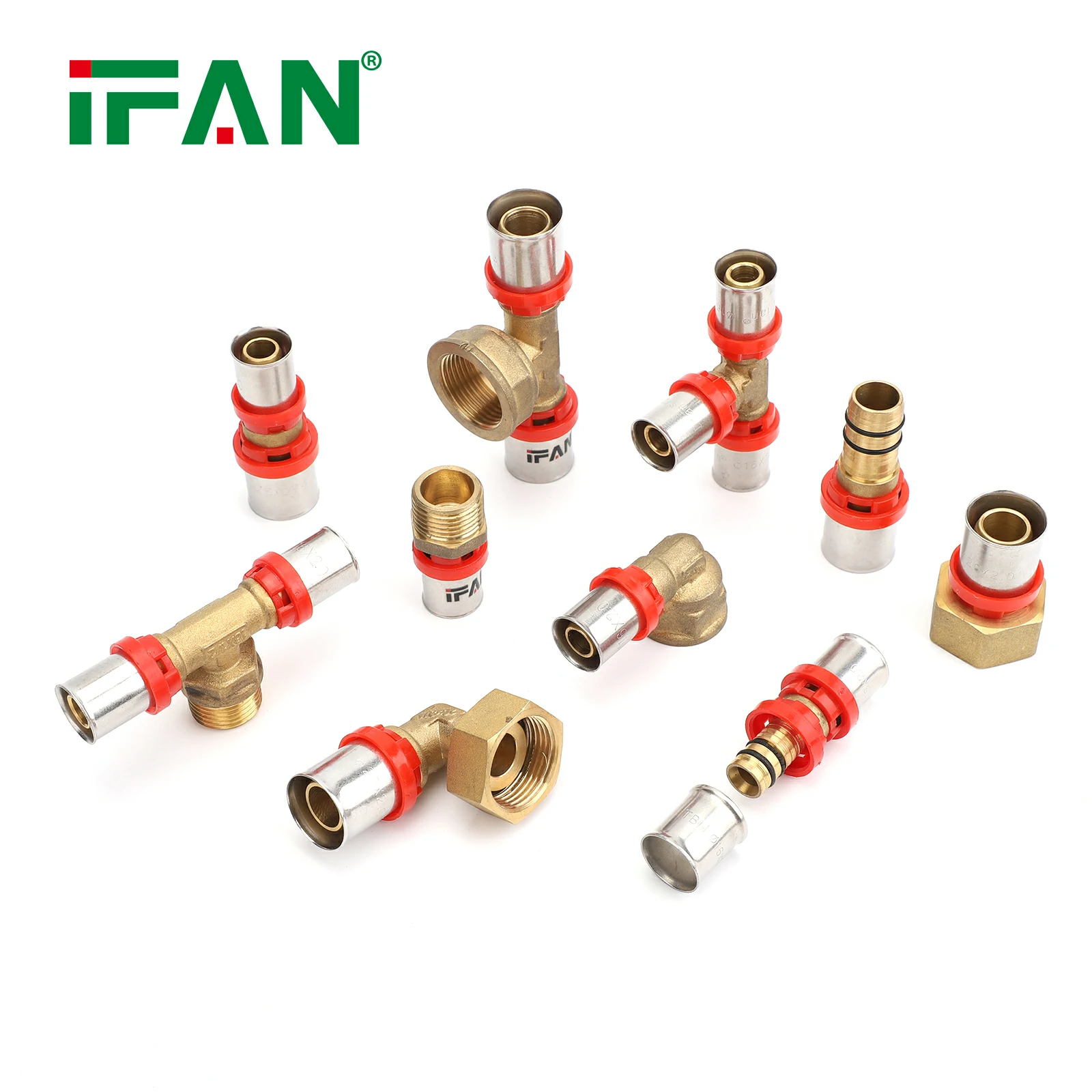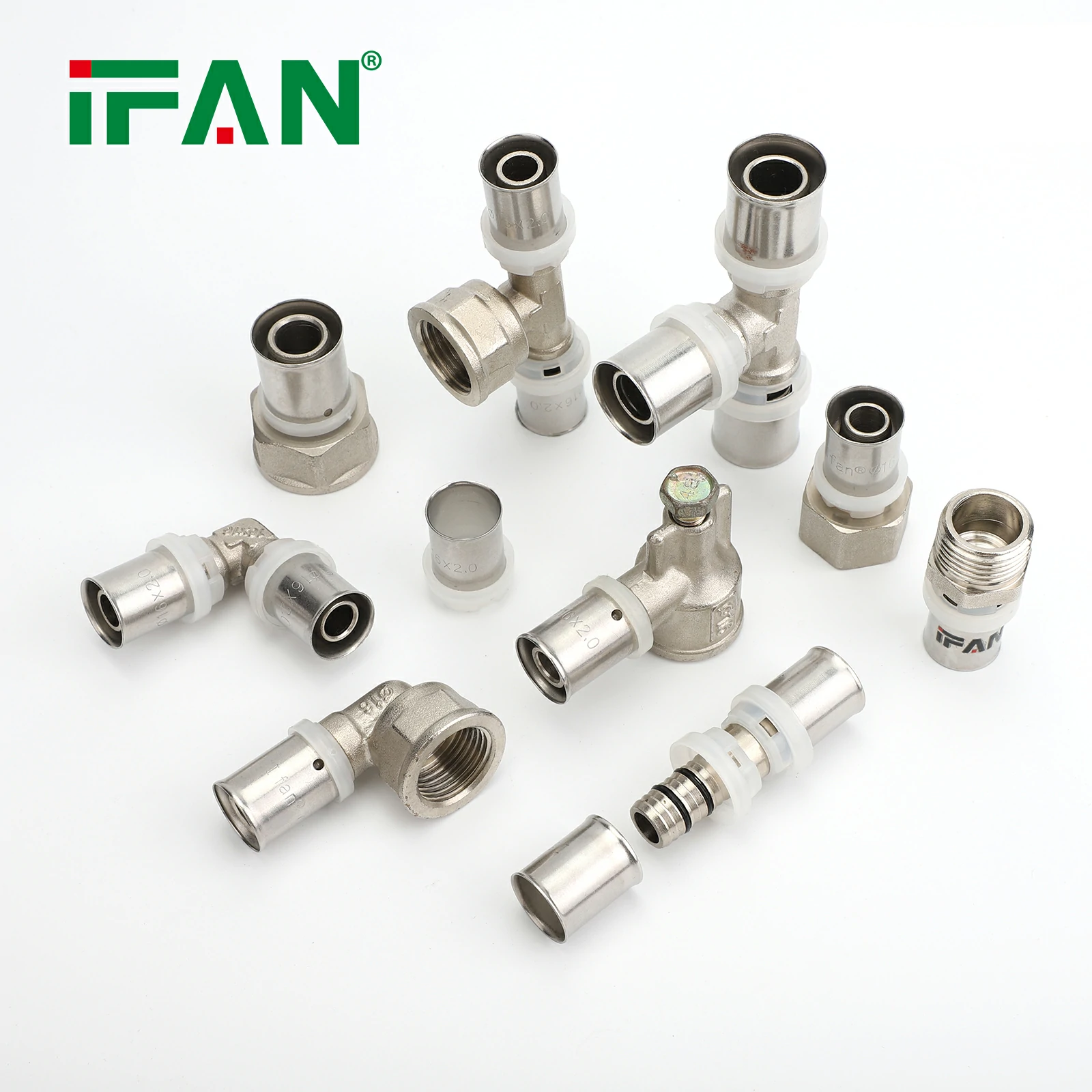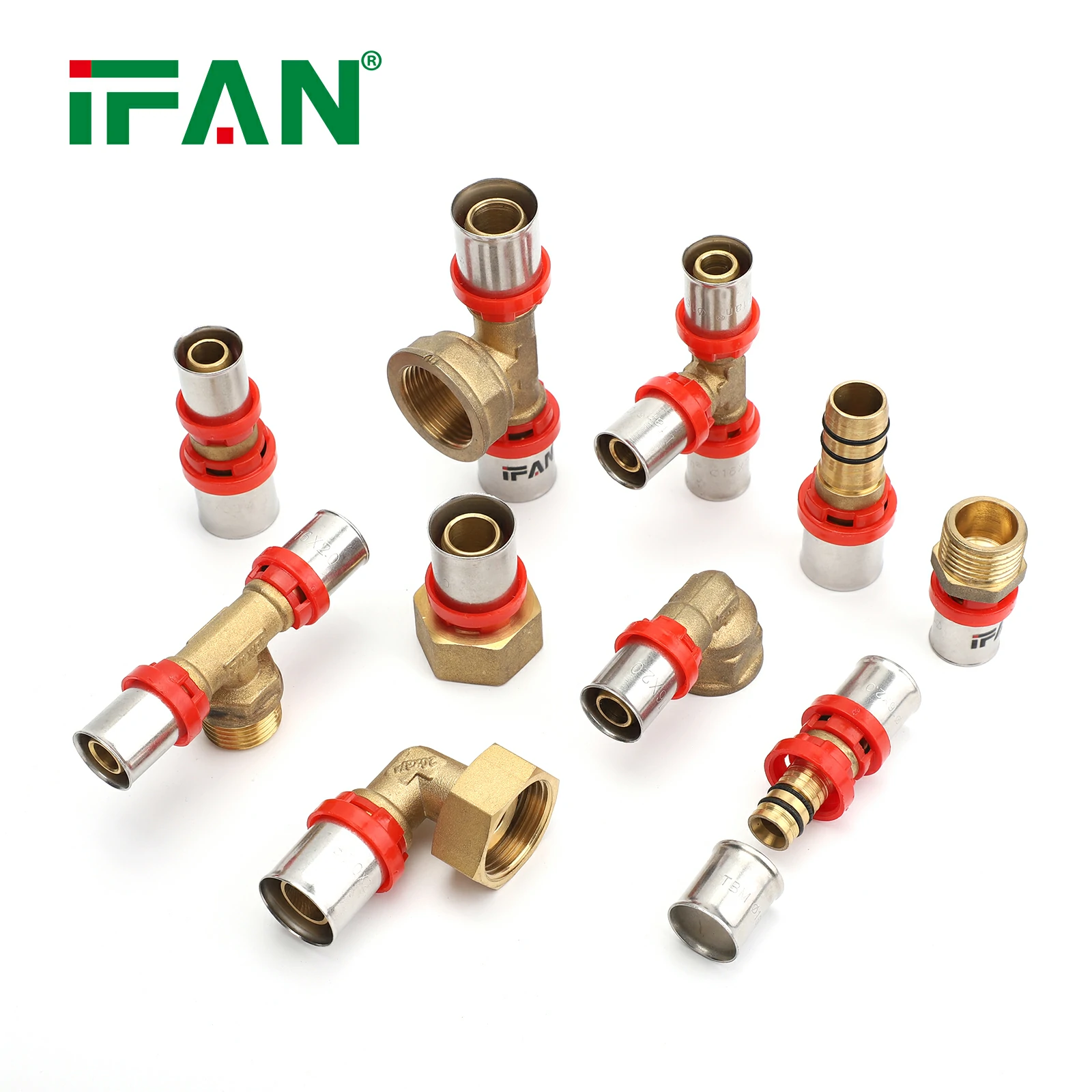Get to Know About PPR Pipe: A Comprehensive Overview
PPR (Polypropylene Random) pipe is a type of plastic pipe that has gained significant popularity in various industries and applications. Let’s dive into the details and explore the key aspects of PPR pipe.
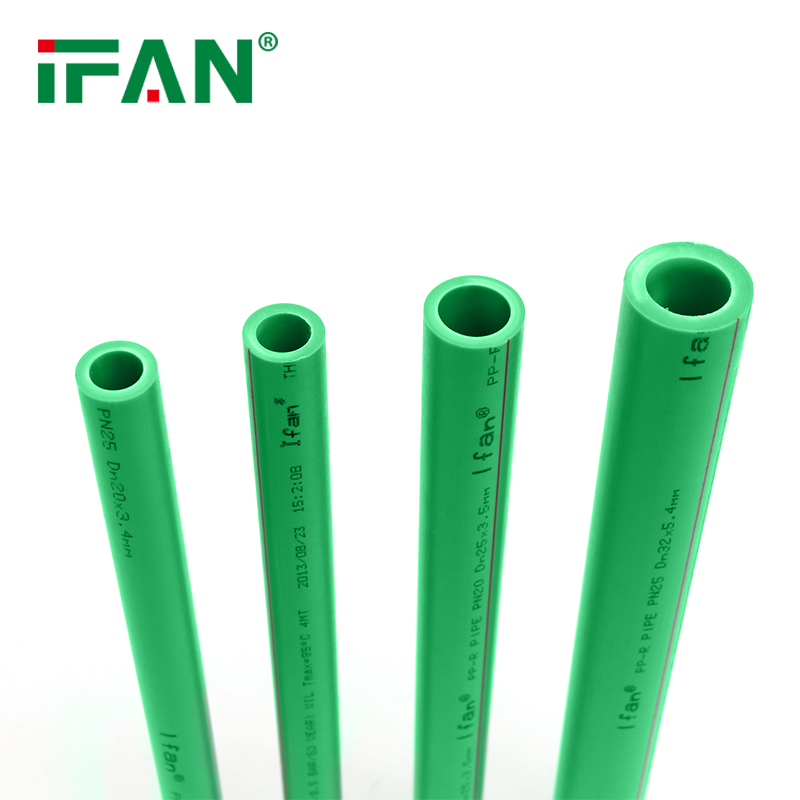
What is PPR Pipe?
PPR pipe is made from polypropylene random copolymer, a thermoplastic material known for its exceptional properties. It is a versatile and durable pipe that offers numerous advantages over traditional piping materials like PVC and copper. PPR pipe is available in different sizes and can be used for both cold and hot water distribution systems.
Advantages of PPR Pipe
- Durability: PPR pipe is highly durable and has a long service life. It can withstand high pressure, temperature variations, and aggressive chemicals, ensuring reliable performance and longevity.
- Corrosion Resistance: PPR pipe is resistant to corrosion, scaling, and chemical reactions, making it suitable for various applications and environments.
- Thermal Insulation: PPR pipe exhibits excellent thermal insulation properties, minimizing heat loss and enhancing energy efficiency in heating and cooling systems.
- Smooth Inner Surface: PPR pipe has a smooth inner surface, reducing friction loss and allowing for efficient flow of fluids. It also minimizes the accumulation of scale and debris, ensuring clean and safe water distribution.
- Easy Installation: PPR pipe is lightweight and easy to handle, making installation quick and cost-effective. It can be connected using heat fusion or mechanical joints, providing flexibility during installation.
- Environmentally Friendly: PPR pipe is a sustainable and eco-friendly choice. It is recyclable and does not release harmful substances into the environment.
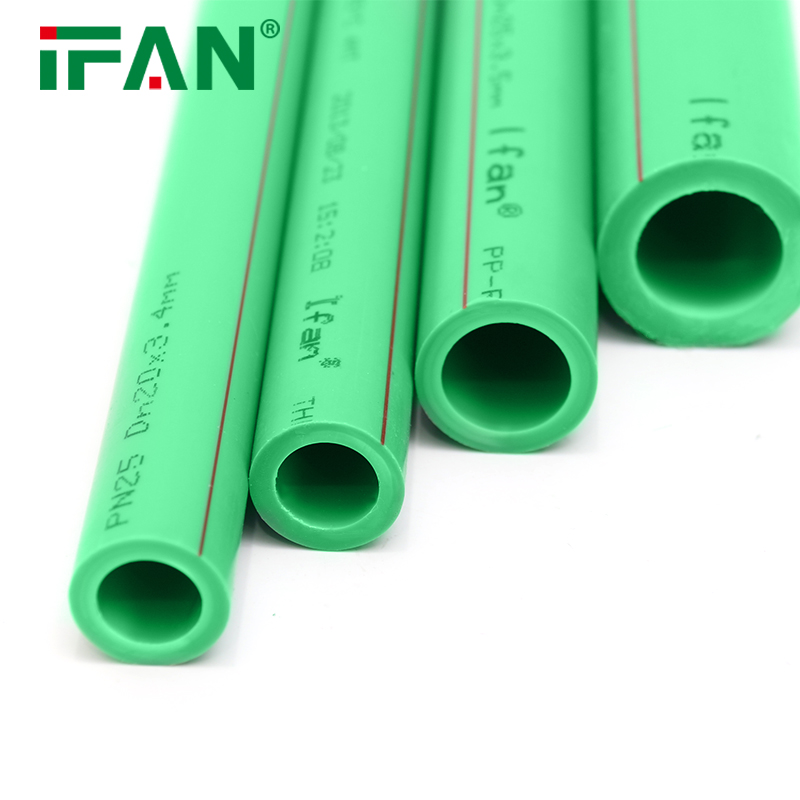
Applications of PPR Pipe
Residential Plumbing Systems: PPR pipe is widely used in residential plumbing systems, providing reliable water supply to faucets, showers, toilets, and other fixtures. Its durability, corrosion resistance, and smooth inner surface ensure efficient water flow and maintain water quality for residents.
Commercial and Industrial Plumbing Systems: PPR pipe serves as a preferred choice for commercial and industrial plumbing applications. It is used in hotels, hospitals, office buildings, factories, and other establishments where high-pressure water supply and chemical resistance are crucial. PPR pipe ensures the durability and efficiency of plumbing infrastructure in these settings.
Heating and Cooling Systems: PPR pipe is extensively used in heating and cooling systems, including underfloor heating networks and air conditioning installations. Its thermal insulation properties, high-temperature resistance, and corrosion resistance make it an ideal choice for efficient heat distribution and cooling.
Agricultural Irrigation Systems: PPR pipe finds application in agricultural irrigation systems. It enables efficient water distribution to farms and fields, ensuring proper hydration of crops. PPR pipe’s UV resistance and durability make it suitable for outdoor installations.
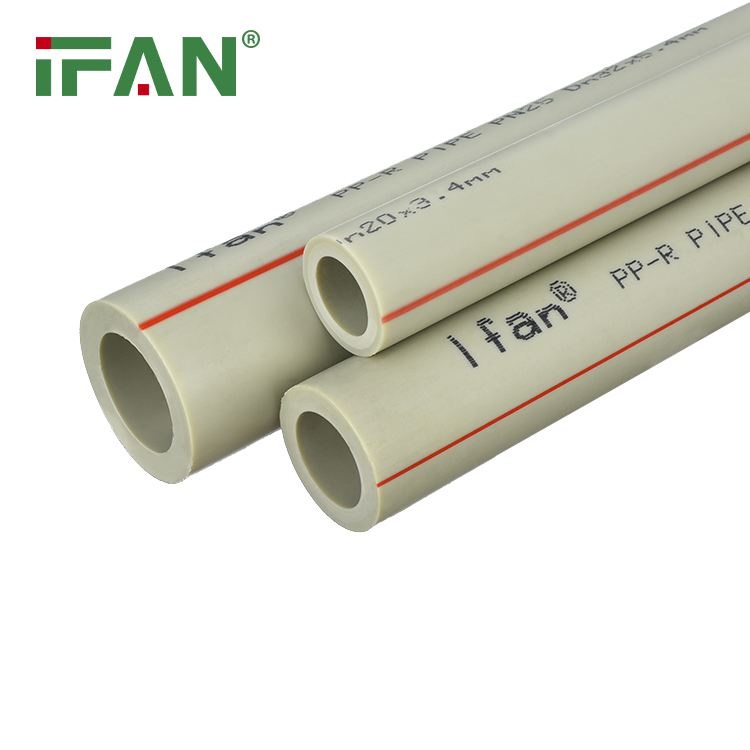
Conclusion
PPR pipe is a versatile and durable plastic pipe that offers several advantages over traditional piping materials. Its superior properties, such as durability, corrosion resistance, thermal insulation, and ease of installation, make it a preferred choice across various industries and applications. From residential plumbing to commercial plumbing, heating and cooling systems, and agricultural irrigation, PPR pipe continues to demonstrate its reliability and efficiency in multiple sectors.

